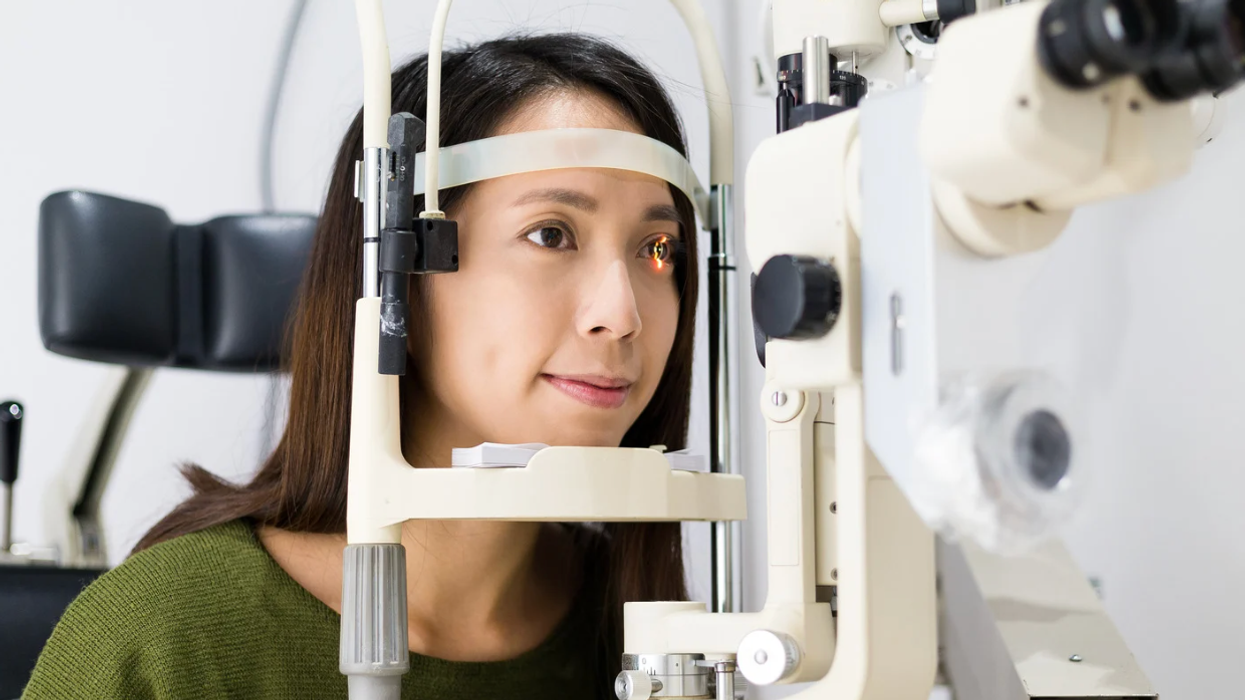A just-released study in JAMA Internal Medicine found that female doctors practicing in hospitals achieved significantly lower 30-day mortality and readmission rate than their male counterparts, despite earning less pay than men do.
The study reviewed 1.5 million cases of 30-day elderly hospitalizations between 2011 and 2014. Among those subject, those treated by women had a lower mortality rate (11.07% vs. 11.49% for men) and a lower readmission rate (15.02% vs. 15.57%).
Those might seem like very narrow discrepancies, but extrapolated for the population as a whole, that translates to 32,000 fewer 30-day deaths under the care of female doctors.
While this particular study doesn’t examine the causes for the gap, earlier studies have examined the differences in practice between male and female medical profession, which demonstrate women are more likely to follow clinical guidelines, offer proactive, rather than reactive care, and offer psychological treatment to patients. Further, the authors state that female doctors “have a more patient- centered communication style, are more encouraging and reassuring, and have longer visits than male physicians.”
Even without clarity of context, many find the results to be compelling based on stats alone:
Using their findings as a springboard, the researchers behind the study also took pains to point out, via an editorial, that not only are practicing female doctors earning less, but female academic physicians do, too.
It’s only fitting that their academic findings would be tied to the pay inequality issue, which they state thusly:
These findings that female internists provide higher quality care for hospitalized patients yet are promoted, supported, and paid less than male peers in the academic setting should push us to create systems that promote equity in start-up packages, career advancement, and remuneration for all physicians.
While it’s unlikely that direct action on the pay front will stem from this study alone, it’s yet another reminder of the systematic inequality that doesn’t just affect equal doctors, but in this case, possibly better doctors.





















